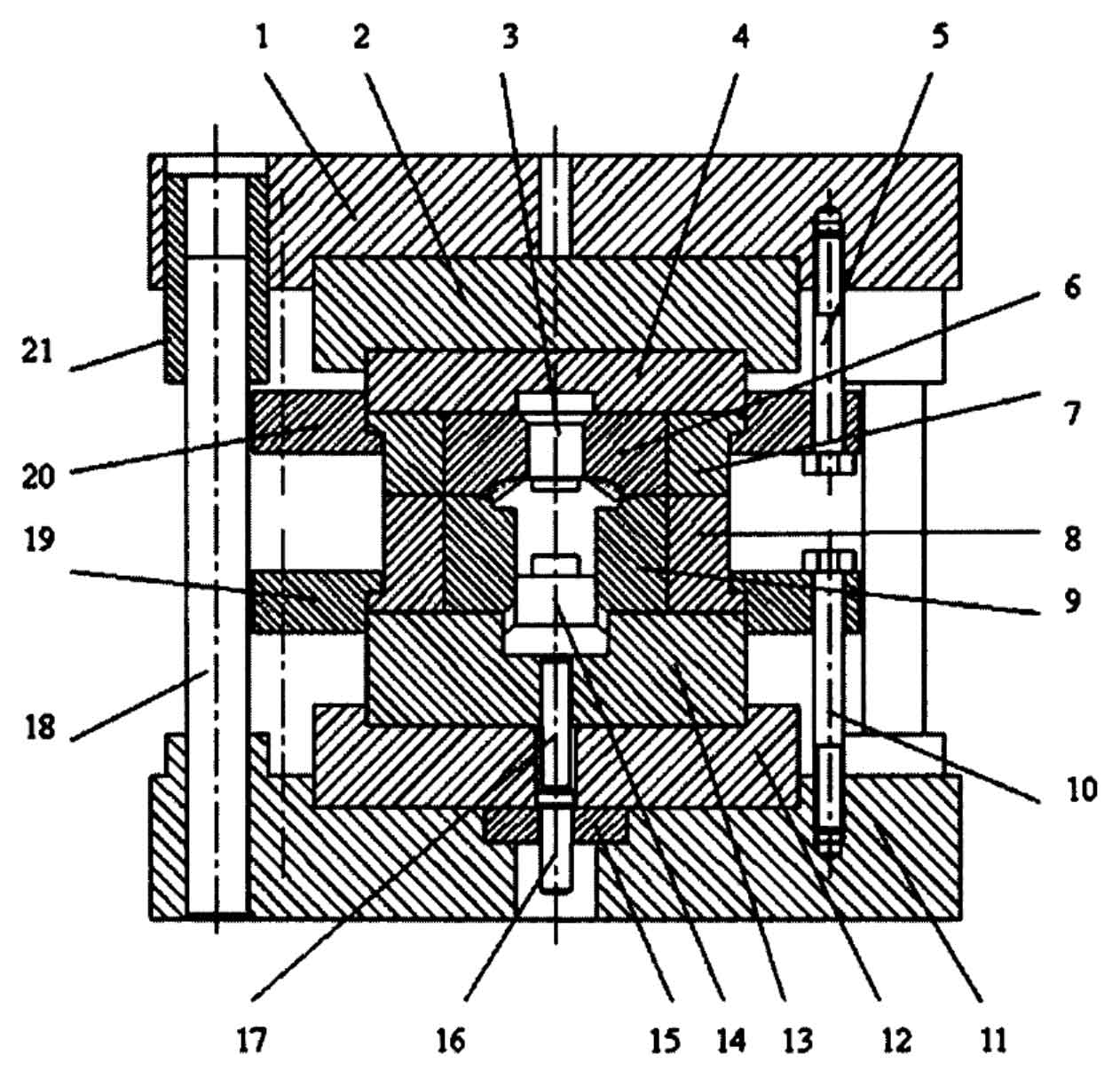Gear forging plays a crucial role in the defense industry by providing gears that ensure reliability, durability, and security in various defense applications. Here’s how gear forging contributes to the defense industry:

- Military Vehicles: The defense industry relies on military vehicles that require gears capable of withstanding harsh conditions, heavy loads, and extreme environments. Gear forging provides gears with high strength, durability, and wear resistance, ensuring reliable performance in armored vehicles, tanks, personnel carriers, and other military platforms. These gears enable smooth power transmission, maneuverability, and efficient operation in challenging terrains.
- Aircraft and Aerospace Applications: Gear forging is essential in the production of gears for aircraft and aerospace systems. Gears used in aircraft engines, landing gear systems, helicopter transmissions, and missile systems need to meet stringent quality standards and operate under demanding conditions. Forged gears offer exceptional strength, fatigue resistance, and dimensional accuracy, ensuring reliable power transmission, precise control, and enhanced safety in aerospace applications.
- Naval Systems: The defense industry relies on naval systems that require gears capable of withstanding corrosive saltwater environments, high torque, and extreme loads. Gear forging provides gears with excellent corrosion resistance, high strength, and durability, making them suitable for use in naval vessels, submarines, ship propulsion systems, and auxiliary systems. Forged gears ensure reliable and efficient power transmission in maritime defense applications.
- Weapon Systems: Gear forging plays a vital role in the production of gears for various weapon systems, including firearms, artillery, missile launchers, and precision-guided munitions. These gears must exhibit exceptional strength, precision, and reliability to ensure accurate targeting, firing, and operation. Forged gears provide the necessary mechanical properties and dimensional accuracy required for consistent and effective weapon system performance.
- Communication and Encryption Devices: Gear forging is also instrumental in the production of gears used in communication and encryption devices for defense applications. These gears facilitate precise movement and synchronization in communication equipment, secure transmission systems, and cryptographic devices. The strength, accuracy, and reliability of forged gears contribute to the overall security and efficiency of defense communication systems.
- Military Gearboxes and Transmissions: Gear forging is widely employed in the production of military gearboxes and transmissions. These systems require gears that can handle high torque, heavy loads, and extreme operating conditions. By providing gears with superior strength, durability, and fatigue resistance, gear forging ensures reliable power transmission, efficient gear shifting, and enhanced performance in military vehicles, aircraft, and naval systems.
- Defense Research and Development: Gear forging also supports defense research and development by providing manufacturers with the flexibility to develop and test new gear designs, materials, and manufacturing techniques. The ability to produce gears with specific properties and customizations allows defense organizations to explore innovative solutions, improve gear performance, and meet the evolving needs of defense applications.
Gear forging in the defense industry ensures reliability, durability, and security in critical defense applications. By delivering gears with exceptional strength, wear resistance, corrosion resistance, and precision, gear forging supports the defense industry in maintaining operational readiness, enhancing mission success, and protecting national security.
